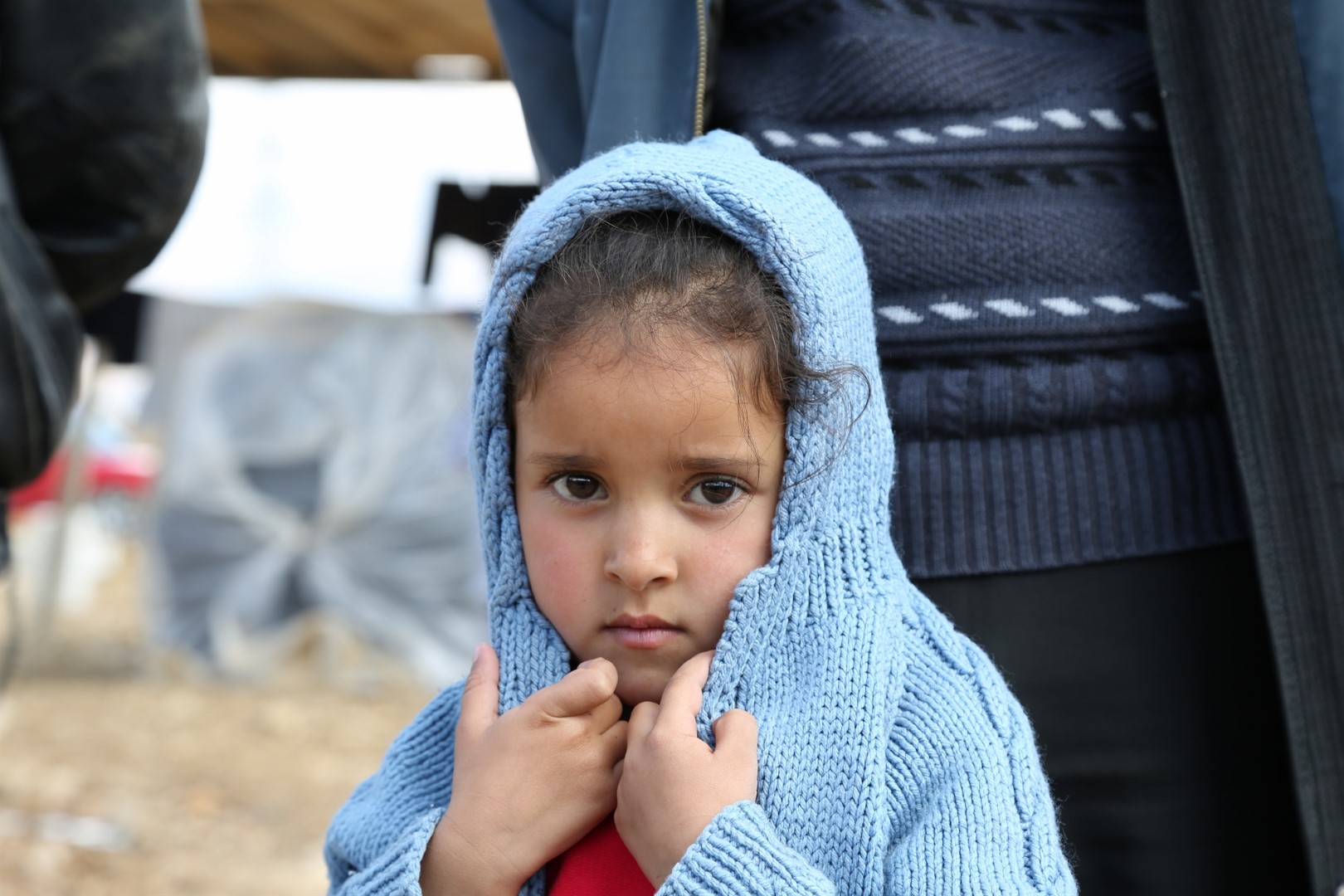
World Health Organization together with UN and NGO partners met with donors last week to present a progress report detailing achievements and results under the Regional Refugee and Resilience Plan (3RP) – an interagency framework developed by partner organizations to guide humanitarian action in the Syria crisis.
The 3RP is the latest in a series of frameworks aiming to address the fundamental needs of Syrian refugees residing in Egypt, Iraq, Jordan, Lebanon and Turkey, and integrates both the humanitarian and development spheres to enable focus on longer term socioeconomic impacts of the ongoing crisis. The plan places emphasis on not only refugees but also host communities and sustainability of response activities.
Partner organizations took the opportunity to stress the consequences of underfunding to donors at the event. To date, UN agencies and NGOs have received just 23% of the US$ 4.5 billion required for operations. The protracted nature of the crisis, now in its fifth year, and diversion of donor money to support other humanitarian emergencies has seen funding diminish despite unflagging need. The health sector continues to struggle with a funding gap of 83%, a shortfall that has severely hampered the amount of health assistance available for refugee and host communities.
“Governments dealing with the fallout of the Syria crisis are under incredible strain to address the health needs of their own people in addition to those of Syrian refugees,” said Chris Maher, manager of WHO’s emergency support team for the Syria crisis, based in Amman.
“There is drastic need for increased funding, particularly for the health sector to ensure the continued provision of health services and to build and strengthen national systems so that they are able to cope with the increased burden,” he said.
Since the beginning of the crisis in 2011, WHO has advocated for donor commitment to health care for Syrian refugees. At 17% funding, the health sector is primarily focused on life-saving interventions rather than continued investment in increasing the efficiency of national health systems. Health sector achievements since the launch of 3RP six months ago include more than 1.5 million health consultations provided to target individuals, more than 41 000 referrals for secondary or tertiary care, close to 3000 health care staff trained, and more than 21 million children vaccinated against polio. WHO as health sector co-lead has been instrumental in coordinating health partners active in the response, the procurement and delivery of life-saving medicines and medical supplies, and providing technical assistance and guidance to Ministries of Health and health partners – boosting health care worker capacity in areas such as communicable disease surveillance, case management, and mental and reproductive health.
Under the 3RP, sector priorities for the next six months include reducing parallel health systems and integrating refugees into public health services, strengthening the resilience of national systems through increasing government ownership.
Without further funding however, it is feared that health services in urban and rural areas in Syria’s neighbouring countries will continue to be overburdened, affecting quality of care and increasing levels of morbidity and mortality particularly among women, children and refugees with chronic health conditions.
“The situation was and still is very dire,” said Mr Maher. “We are grateful for the contributions of our donors thus far, but unless the international community steps up and adequately funds the health component of this crisis, we cannot expect the health systems of host countries to hold under the strain,” he said. “This humanitarian situation is far from resolution, and much more needs to be done,” he added.
Close to 4 million Syrian refugees reside in Egypt, Iraq, Jordan, Lebanon and Turkey. Donors funding WHO response operations include ECHO, Finland, Kuwait, Luxembourg, Norway, UN Central Emergency Response Fund, United Arab Emirates, United Kingdom and USAID.
For more information and for a copy of the progress report visit www.3RPSyriaCrisis.org



